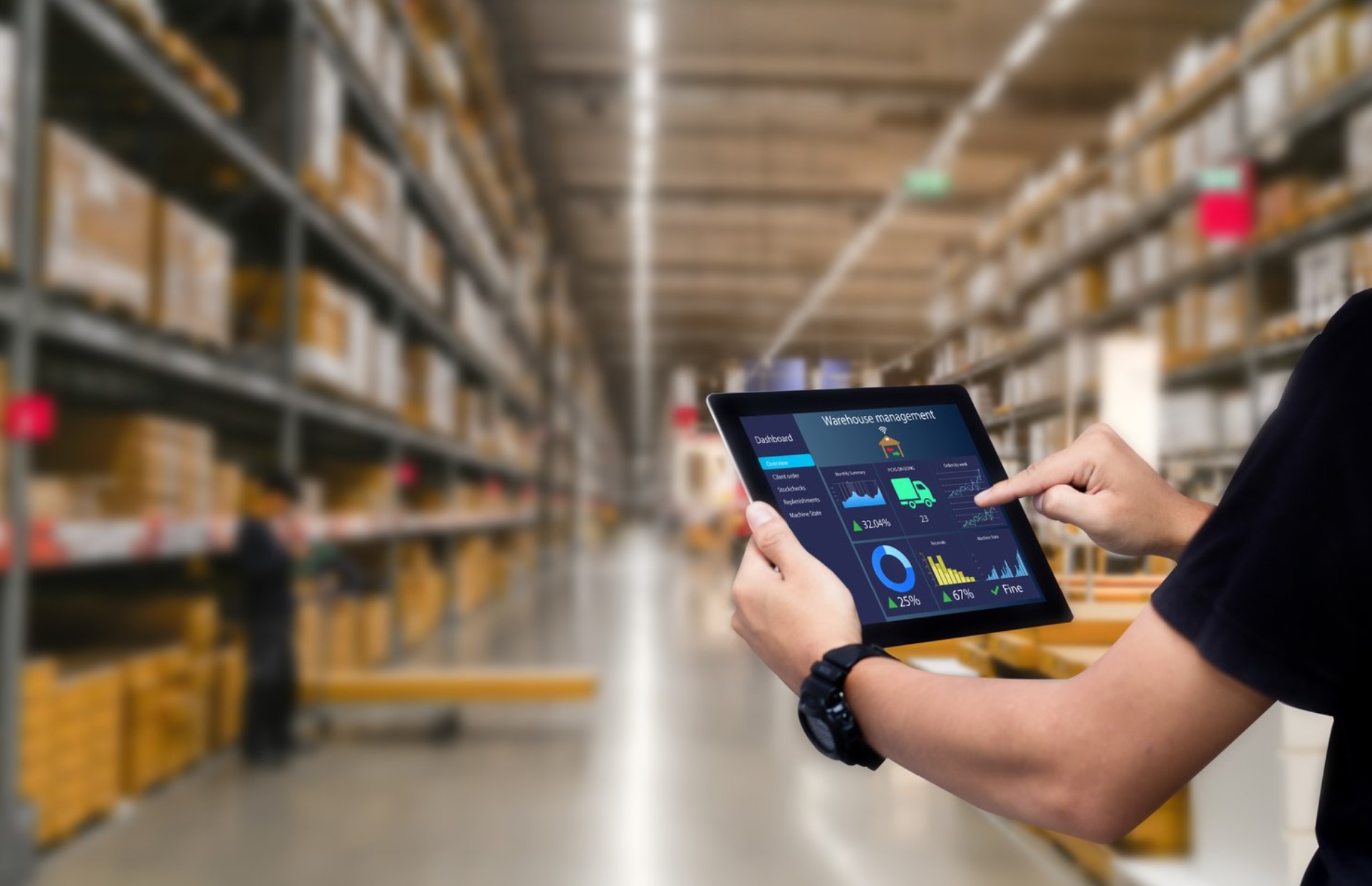———————————————
The logistics sector has long ceased to be just about “moving goods.” In the 21st century, logistics is a high-tech, complex system of interaction between suppliers, carriers, customs authorities, warehouses, and consumers. To manage this chain effectively, businesses — and in particular the logistics company Dragon Logistics — are increasingly implementing digital solutions. Among the most revolutionary tools are blockchain and artificial intelligence (AI).
These technologies not only automate routine processes but also introduce a fundamentally new quality in cargo tracking, decision-making, data security, and risk management.
Blockchain: transparency and trust in logistics
Blockchain is a decentralized database where each transaction is recorded in a “block” and stored as an immutable chain of records. The information cannot be deleted or tampered with, and it is accessible to all participants in the supply chain, ensuring maximum transparency and security.
In logistics, blockchain allows for:
- real-time cargo tracking with detailed logging at each stage of movement;
- automatic confirmation of contract terms (smart contracts);
- secure document circulation — invoices, bills of lading, certificates;
- combating counterfeiting, especially in pharmaceutical, food, or premium goods supply chains;
- reducing fraud and manipulation, as any data changes leave a digital trace.
One clear example is global container tracking. One of the world’s largest logistics alliances, Maersk, in partnership with IBM, developed the blockchain-based platform TradeLens. It allows all supply chain participants — from customs authorities to cargo owners — to view a single reliable picture of container movement. This led to a reduction of up to 40% in document processing time and significantly minimized disputes.
Artificial intelligence: a new level of analytics
AI is a set of algorithms capable of analyzing large datasets, identifying patterns, and making decisions based on them. In logistics, AI is used for forecasting, route optimization, inventory management, and customer service.
How AI supports logistics:
- demand forecasting — algorithms analyze historical data, trends, seasonality, and external factors (such as weather or events) to accurately plan delivery needs;
- route optimization — AI considers road conditions, traffic, fuel prices, carrier schedules, and even political situations to build the most efficient logistics routes;
- warehouse management — AI-powered robots sort, pack, and pick products with minimal human involvement, reducing errors and improving efficiency;
- customer service — AI bots handle customer inquiries, track orders, generate documents, and proactively detect issues before they escalate.
AI also plays a key role in risk management. By analyzing millions of data points, it can predict risks such as delays, theft, breakdowns, or disruptions in the supply chain and suggest alternatives.
The synergy of blockchain and AI: unlocking unprecedented potential
Combining these two technologies creates powerful new opportunities. Blockchain ensures the reliability of data, while AI enables its intelligent use. For example, a logistics company can have a full cargo history with verified timestamps (blockchain) and use that information to forecast customer behavior or optimize future shipments (AI).
Implementing digital solutions in logistics brings tangible benefits:
- cost reduction — more efficient routes, process automation, fewer human errors;
- faster operations — quicker document processing, customs clearance, and customer request handling;
- improved service quality — on-time delivery, convenient tracking, instant feedback;
- increased brand trust — supply chain transparency is a competitive advantage for responsible businesses.
Of course, transitioning to modern technologies comes with challenges — such as high initial implementation costs and the need to restructure internal processes. Still, many experts believe that these investments pay off quickly through increased business efficiency and flexibility.
The future of logistics lies in intelligent, automated, and transparent supply chains powered by digital technologies — and Dragon Logistics is confidently embracing them. Blockchain ensures trust at every stage of transportation, while artificial intelligence provides the power to predict, optimize, and manage operations in real time. For businesses of all sizes, this is not just a matter of convenience — it’s increasingly essential for staying competitive. Those who adopt digital solutions first will gain an advantage that others may struggle to catch up with.
